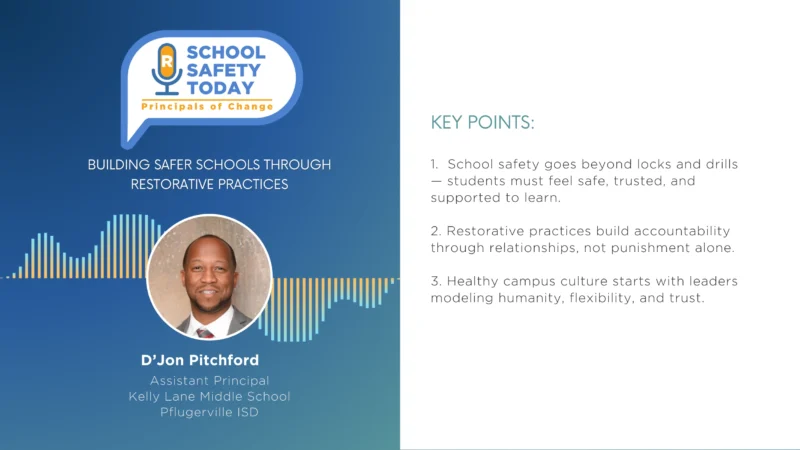Bullying, Suicide, and Society The Unseen Crisis in K-12 Education
In a recent episode of the Secured podcast hosted by Mike Matranga and Mike Monsive of ASAP Security Services, the tragic case of a transgender student named Nicks Benedict from Oklahoma grabbed national attention. Benedict, a 16-year-old who identified with he and they pronouns, died by suicide after a bullying incident at school. The media coverage highlighted the LGBTQ+ aspect of the case, raising questions about why similar incidents don’t receive the same attention.
The conversation delved into the broader issue of bullying in schools, emphasizing that suicide among youth, regardless of gender identity, is a significant concern. The hosts pointed out that while Benedict’s case made headlines due to their transgender identity, many other suicides resulting from bullying go unnoticed by the media.
The discussion shifted to mental health resources in schools, drawing attention to the lack of guidance and support for educators dealing with increasingly diverse responsibilities. With tight budgets and an ever-expanding list of tasks, administrators and teachers are stretched thin, impacting the quality of education and student support.
The hosts highlighted the importance of prioritizing mental health resources over reactive measures like police presence in schools. They commended initiatives like Texas A&M University’s comprehensive telehealth program for students, contrasting it with the struggles faced by K-12 schools in providing similar support.
The conversation concluded with a critique of voucher programs and their potential to exacerbate inequalities in education, especially for underfunded public schools already facing financial challenges. They emphasized the need for a holistic approach to address mental health issues, bullying, and educational disparities in schools, calling for greater support and resources for educators and students alike.




